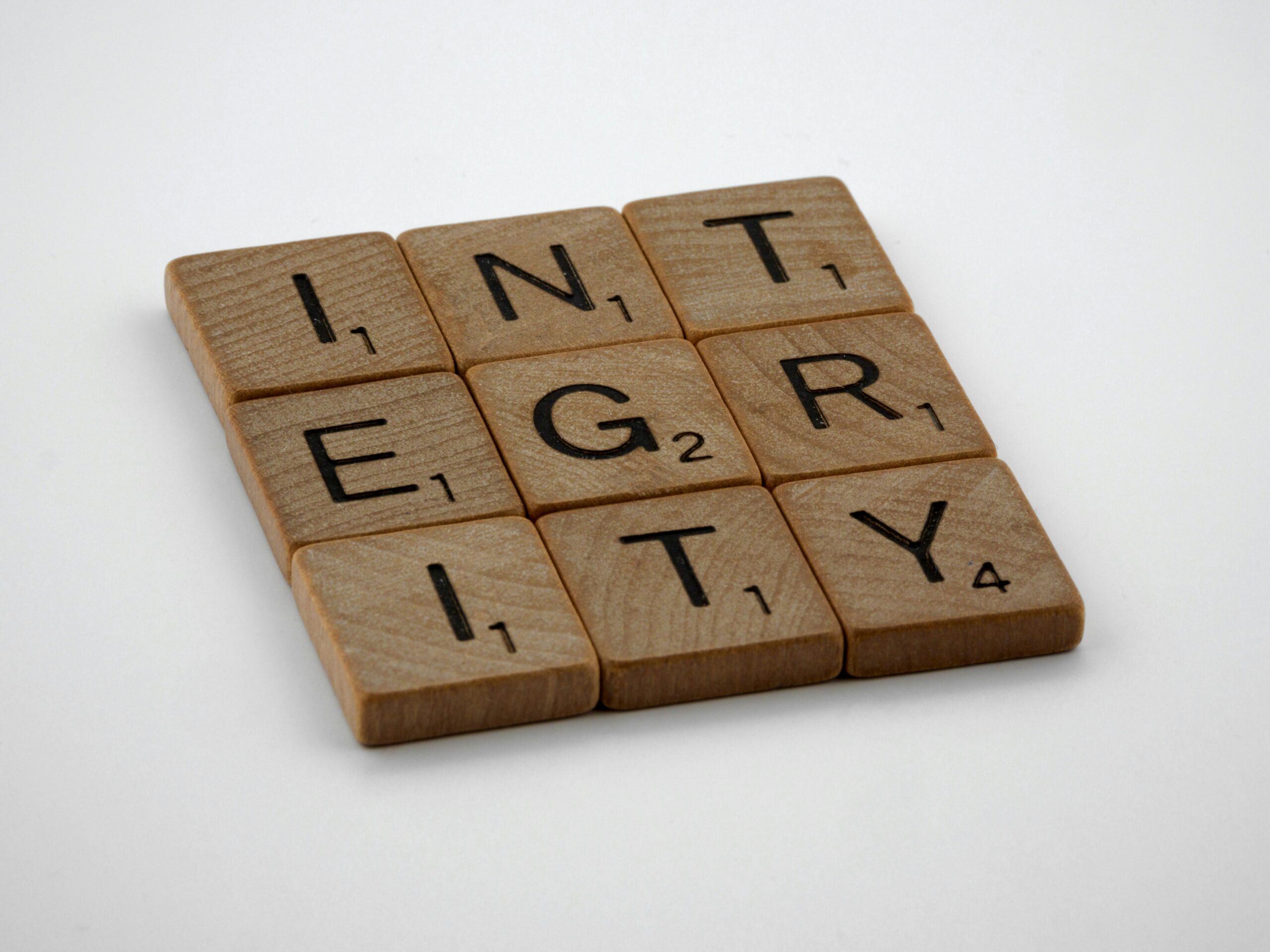The Project Management Institute (PMI®) is a globally recognized organization that sets standards and promotes best practices in project management. Central to PMI’s mission is its Code of Conduct, a set of ethical principles and guidelines that govern the behavior of project management professionals. In this article, we’ll delve into the key aspects of the PMI® Code of Conduct and explore why project managers need to adhere to these principles in their professional practice.
Understanding the PMI® Code of Conduct:
The PMI® Code of Conduct outlines the ethical responsibilities of project management professionals and guides maintaining integrity, honesty, and respect in all aspects of their work. It covers a wide range of topics, including professional conduct, confidentiality, conflict of interest, and compliance with laws and regulations. By adhering to the Code of Conduct, project managers demonstrate their commitment to upholding the highest standards of professionalism and ethics in their practice.
Professional Conduct:
At the core of the PMI® Code of Conduct is the principle of professional conduct, which emphasizes the importance of honesty, fairness, and transparency in all professional interactions. Project managers are expected to act with integrity and professionalism, treating all stakeholders with respect and dignity. This includes being honest and truthful in their communications, maintaining confidentiality when appropriate, and avoiding conflicts of interest that could compromise their impartiality.
Confidentiality:
Confidentiality is another key aspect of the PMI® Code of Conduct, requiring project managers to safeguard sensitive information and respect the privacy rights of stakeholders. This means exercising discretion when handling confidential data, such as project plans, financial information, and personal records. Project managers must also be mindful of their obligations under applicable laws and regulations regarding data privacy and protection.
Conflict of Interest:
Avoiding conflicts of interest is essential for maintaining the trust and integrity of the project management profession. The PMI® Code of Conduct requires project managers to disclose any actual or potential conflicts of interest that may arise in the course of their work. This includes situations where personal interests or relationships could influence their decision-making or compromise their objectivity. By identifying and addressing conflicts of interest proactively, project managers can uphold the highest ethical standards and preserve the integrity of their work.
Compliance with Laws and Regulations:
Project managers are expected to comply with all applicable laws, regulations, and professional standards governing their practice. This includes adhering to industry-specific regulations, such as those related to safety, quality, and environmental protection, as well as broader legal requirements, such as anti-discrimination laws and intellectual property rights. By staying informed about relevant laws and regulations and ensuring compliance in their work, project managers can mitigate risk and uphold the trust and confidence of their stakeholders.
Importance of Adhering to the PMI® Code of Conduct:
Adhering to the PMI® Code of Conduct is not only a matter of professional ethics but also a reflection of a project manager’s commitment to excellence and integrity. By following the principles outlined in the Code of Conduct, project managers can build trust with their stakeholders, foster positive working relationships, and enhance their reputation as ethical professionals. Moreover, adherence to the Code of Conduct helps to mitigate legal and reputational risks, safeguarding the interests of both project managers and their organizations.
The PMI® Code of Conduct serves as a guiding framework for project management professionals, outlining the ethical principles and standards that govern their behavior in the workplace. By adhering to the Code of Conduct, project managers demonstrate their commitment to upholding the highest standards of professionalism, integrity, and ethical conduct in their practice. Ultimately, adherence to the PMI® Code of Conduct not only benefits individual project managers but also contributes to the overall success and reputation of the project management profession as a whole.
Views: 0




Leave a Reply